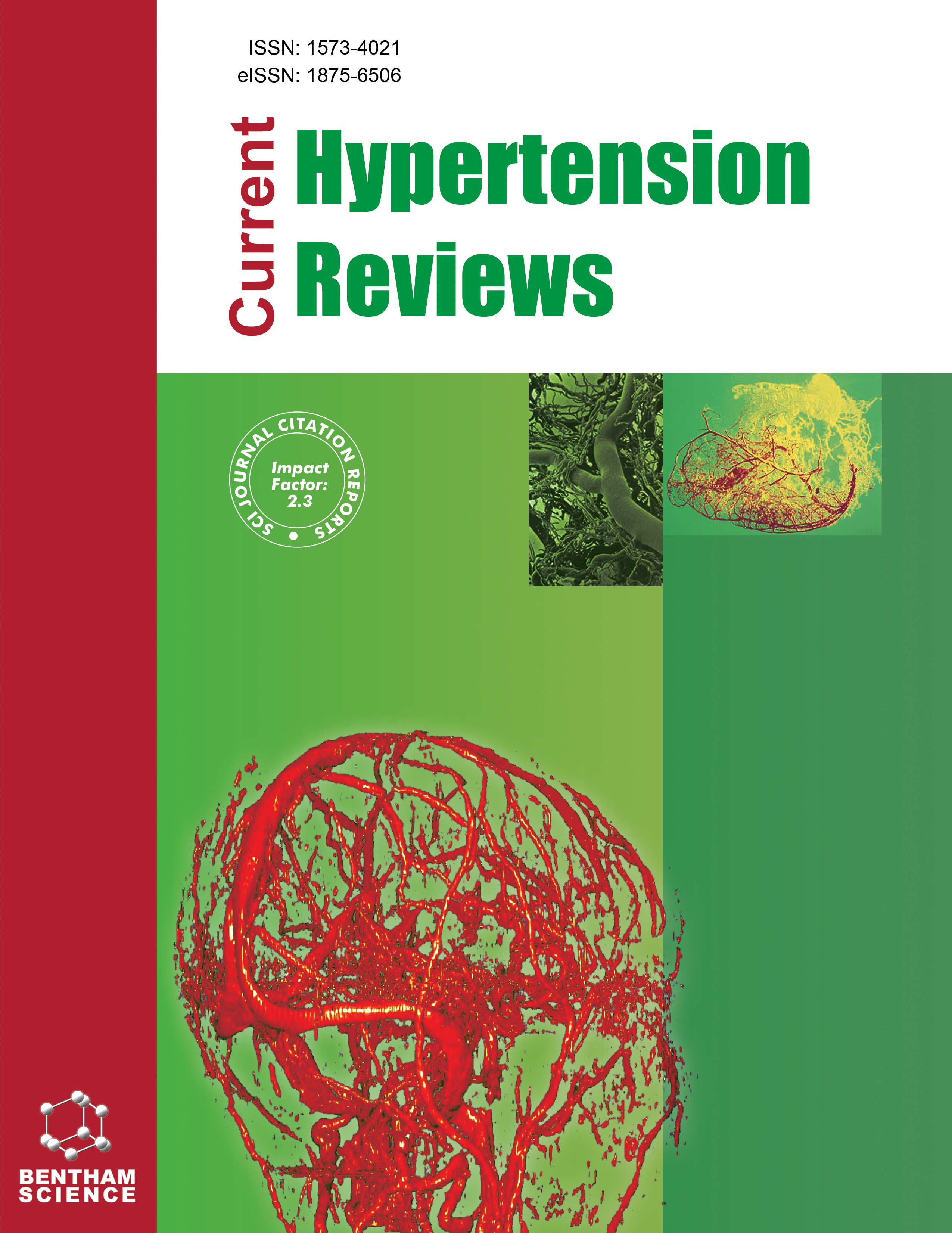-
oa EDITORIAL [Hot Topic: Novel Therapeutic Targets of the Renin-Angiotensin System (Guest Editor: Rajesh Kumar)]
- Source: Current Hypertension Reviews, Volume 8, Issue 1, Feb 2012, p. 1 - 1
-
- 01 Feb 2012
Abstract
Renin-angiotensin system (RAS) has a major role in hypertension, diabetes, obesity, and diseases that are caused by these conditions. Inhibition of the RAS has been clinically proven beneficial in hypertension, atherosclerosis, coronary artery disease, heart failure, stroke, nephropathy, and neuropathy, among many others. The dominant concept of the RAS defines this as a circulating system consisting of renin, angiotensinogen, and angiotensin converting enzyme (ACE), which produces a potent peptide hormone angiotensin (Ang) II. Most of the pathological effects of the RAS are brought about by binding of Ang II to two specific angiotensin receptors, type 1 (AT1) and type 2 (AT2). Clinically, two major classes of drugs, ACE inhibitors and angiotensin receptor blockers (ARBs), which prevent generation of Ang II or binding to receptors, are in use. A new drug, which is a renin inhibitor, has recently been approved for clinical use. ACE inhibitors and ARBs have been used extensively in the clinic and proven beneficial. However, there is a growing realization that a full benefit of blocking RAS has not been achieved using these two classes of drugs. The latter is likely due to the reactive activation of the RAS following treatment with these drugs. A combination therapy of ACE inhibitors and ARBs has not provided better outcome. Similar concerns regarding reactive rise in renin levels have been opined about the renin inhibitor. A need for alternative drugs and strategies to inhibit the RAS has been felt for some time. As is apparent, all three classes of drugs are based on the classical concept of the RAS.....


